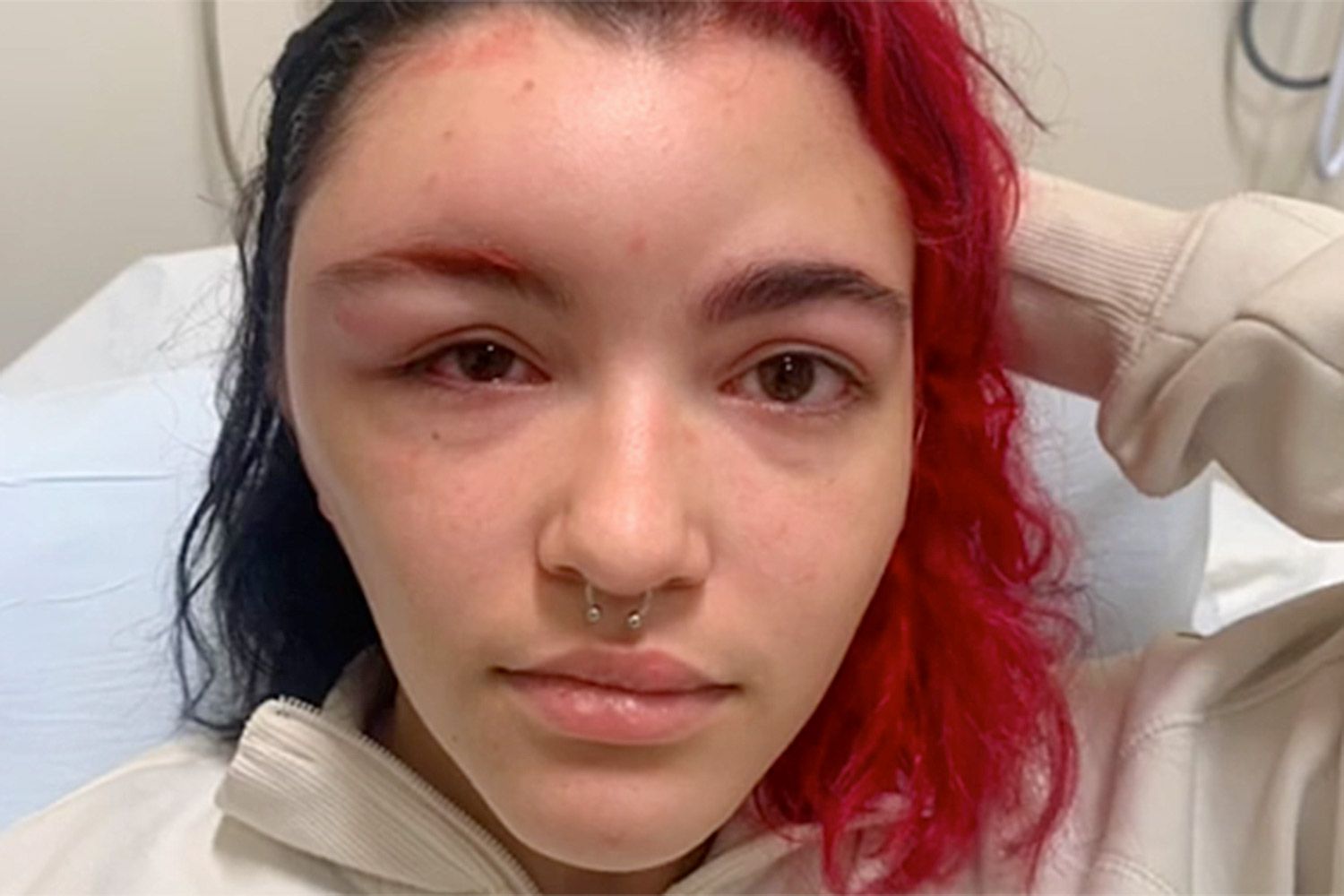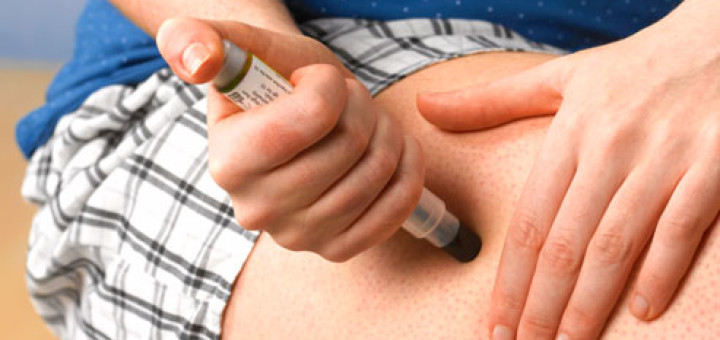An allergic reaction is a common occurrence that affects millions of people around the world. It is a response of the body’s immune system to a substance that it considers harmful. The body identifies the substance as an allergen and releases chemicals such as histamine, which triggers an allergic reaction.
Allergic reactions can be mild or severe and can affect different parts of the body, including the skin, respiratory system, digestive system, and cardiovascular system.
Symptoms of Allergic Reaction
The symptoms of an allergic reaction can vary depending on the type of allergen and the individual’s response to it.
Some common symptoms of an allergic reaction include:
Skin Rashes and Hives: A rash or hives can develop on the skin, which can be itchy and red. This is often a sign of an allergic reaction to food, insect bites, or certain medications.
Swelling: Swelling of the face, lips, tongue, or throat is a common symptom of an allergic reaction. This can occur quickly and can be life-threatening in severe cases.
Nasal Congestion and Sneezing: An allergic reaction can cause nasal congestion and sneezing, which are often associated with hay fever or allergies to airborne allergens.
Runny Nose: A runny nose can occur as a result of an allergic reaction, which is often accompanied by nasal itching and sneezing.
Itchy and Watery Eyes: Itchy and watery eyes are also a common symptom of an allergic reaction, which can be caused by exposure to allergens such as pollen, dust, and pet dander.
Asthma: An allergic reaction can trigger asthma symptoms, including wheezing, shortness of breath, and chest tightness.
Stomach Cramps and Diarrhea: Allergic reactions can also affect the digestive system, causing stomach cramps, diarrhea, and nausea.
Dizziness and Fainting: Dizziness and fainting can occur as a result of an allergic reaction, especially if the individual experiences a rapid drop in blood pressure.
Anaphylaxis: Anaphylaxis is a severe and life-threatening allergic reaction that can occur quickly and cause a drop in blood pressure, difficulty breathing, and loss of consciousness.
Treatment for Allergic Reactions
The treatment for an allergic reaction will depend on the severity of the reaction and the type of allergen that triggered it. Some common treatments for an allergic reaction include:
Anti-histamines: Anti-histamines are medications that block the effects of histamine, which is released during an allergic reaction. They are available over the counter and can be taken orally or applied to the skin.
Decongestants: Decongestants are medications that help to relieve nasal congestion and other symptoms of an allergic reaction. They are available over the counter and can be taken orally or applied to the skin.
Corticosteroids: Corticosteroids are medications that help to reduce inflammation and swelling. They are available in both oral and inhaled forms and can be prescribed by a doctor.
Epinephrine: Epinephrine is a medication that is used in severe cases of anaphylaxis to help restore normal breathing and increase blood pressure. It is available as an auto-injector and should be carried by individuals who are at risk of severe allergic reactions.
Allergen Immunotherapy: Allergen immunotherapy is a treatment that involves gradually exposing the individual to increasing amounts of the allergen in order to build up immunity.

 Home
Home Health
Health Diet & Nutrition
Diet & Nutrition Living Well
Living Well More
More












